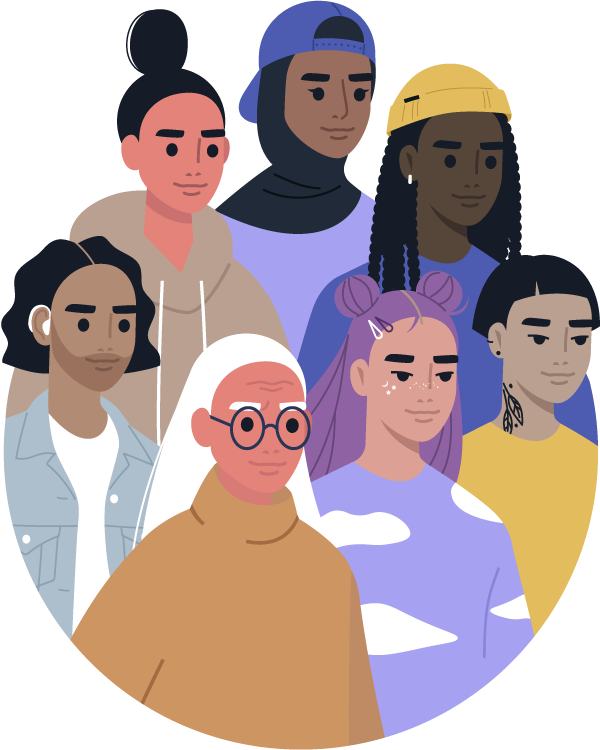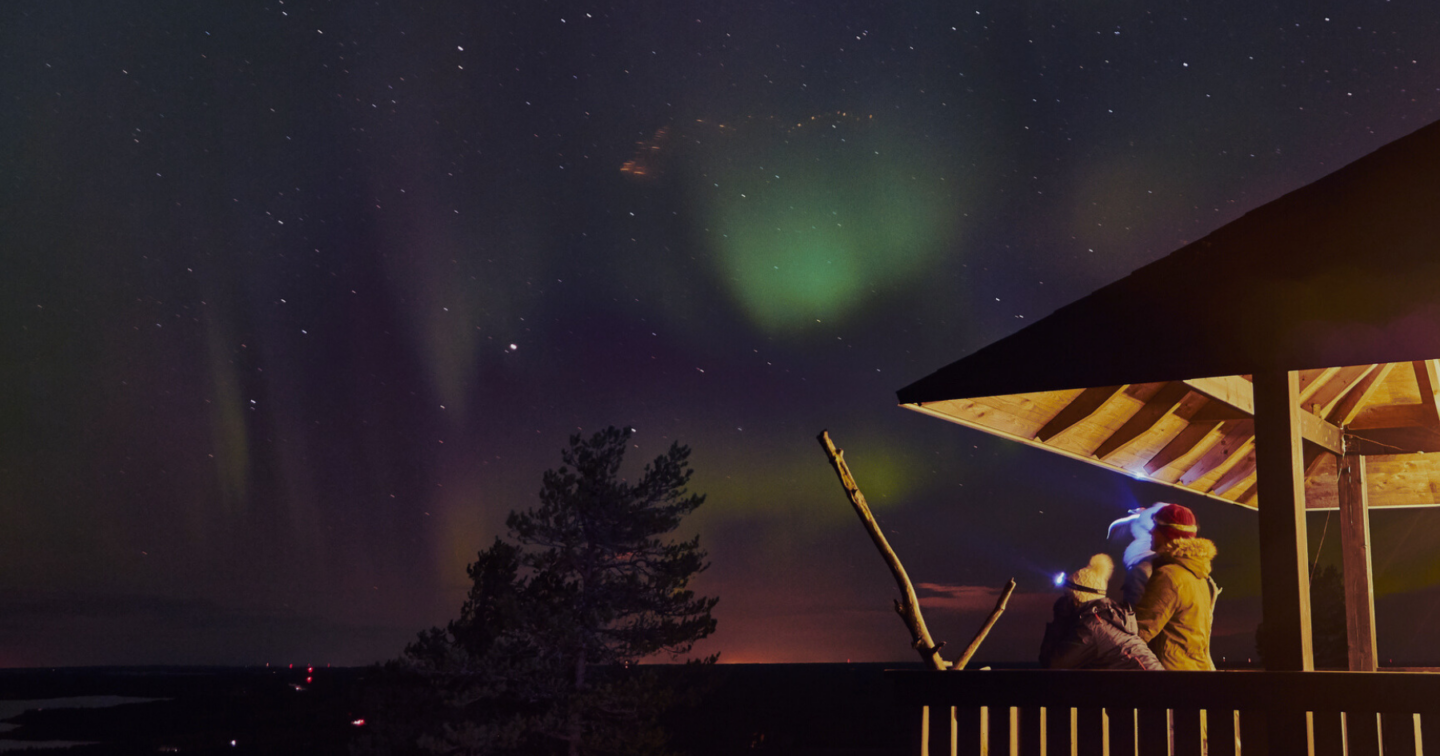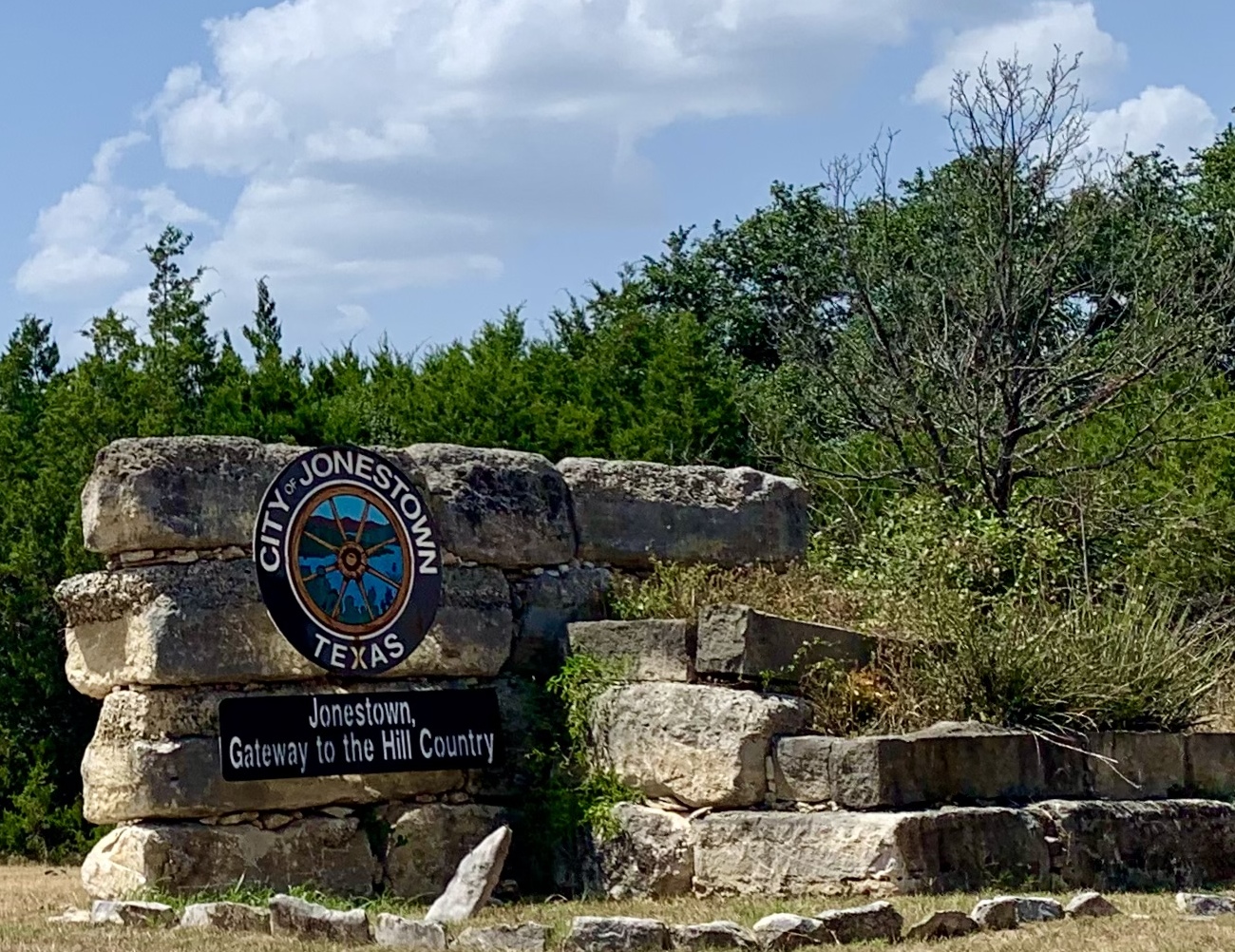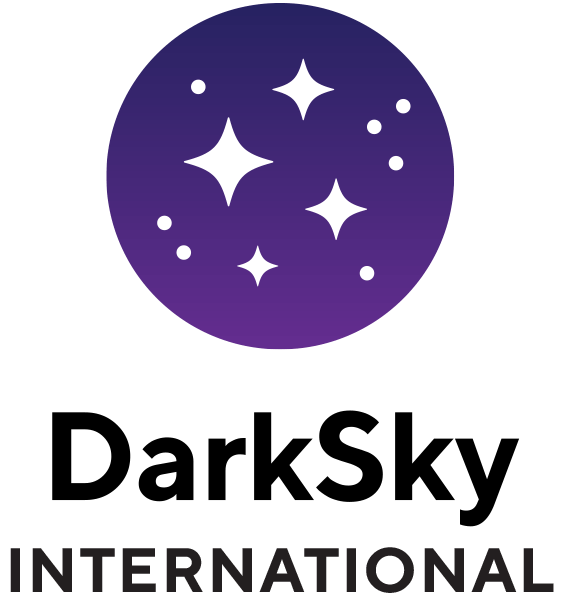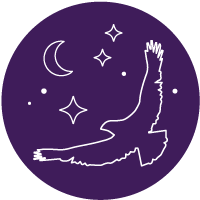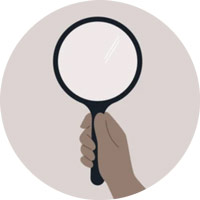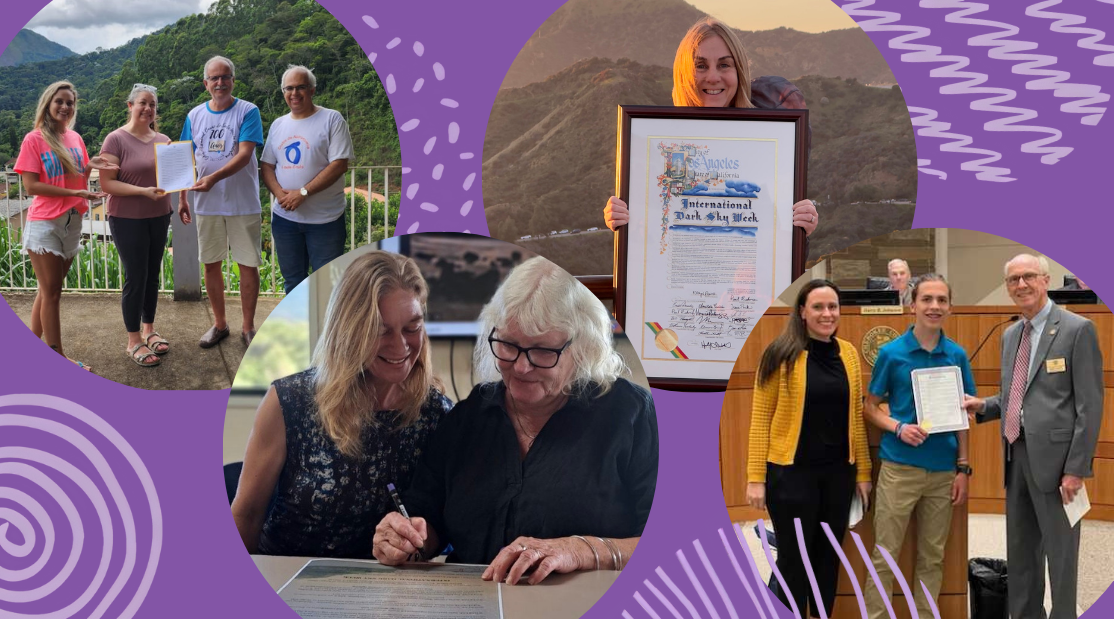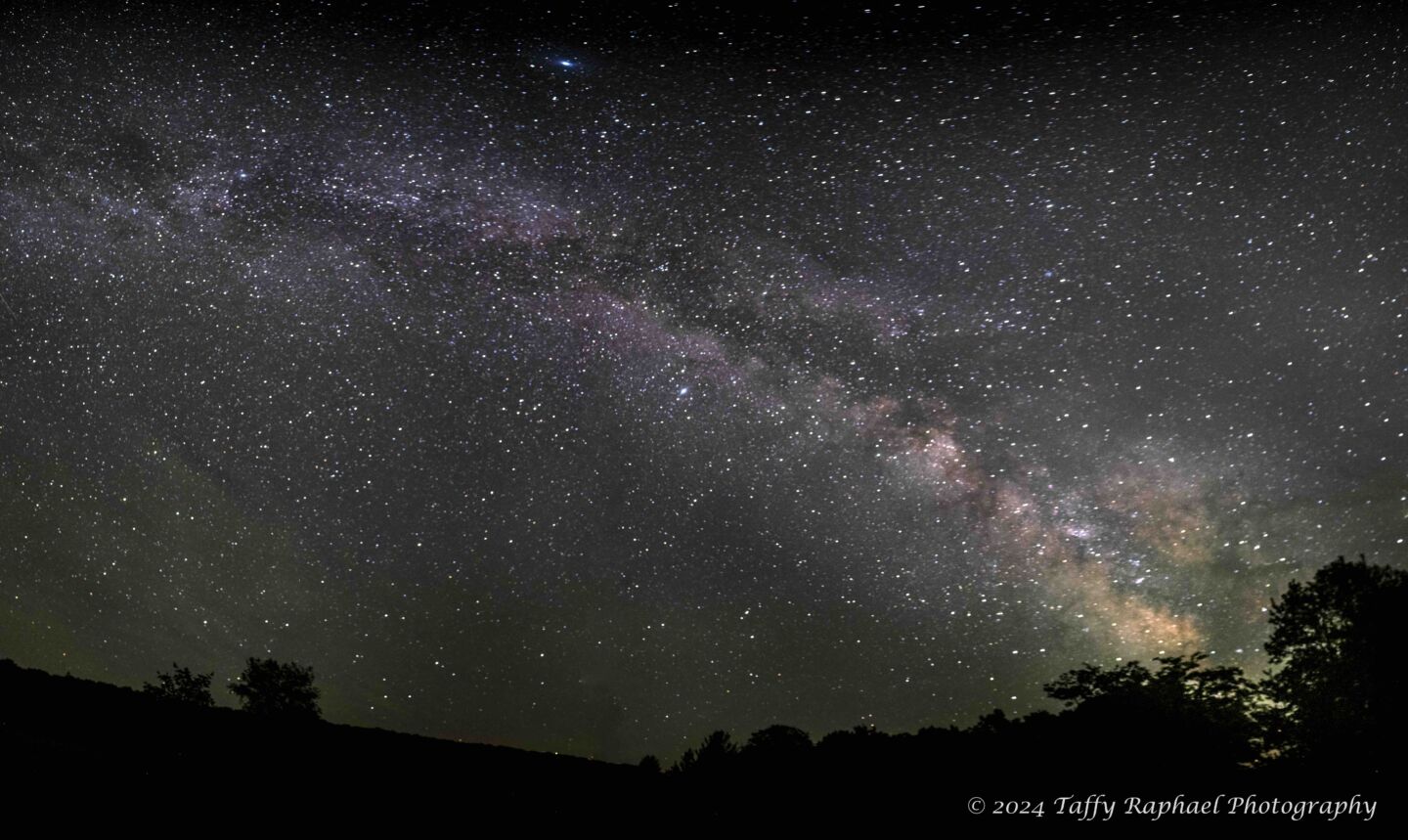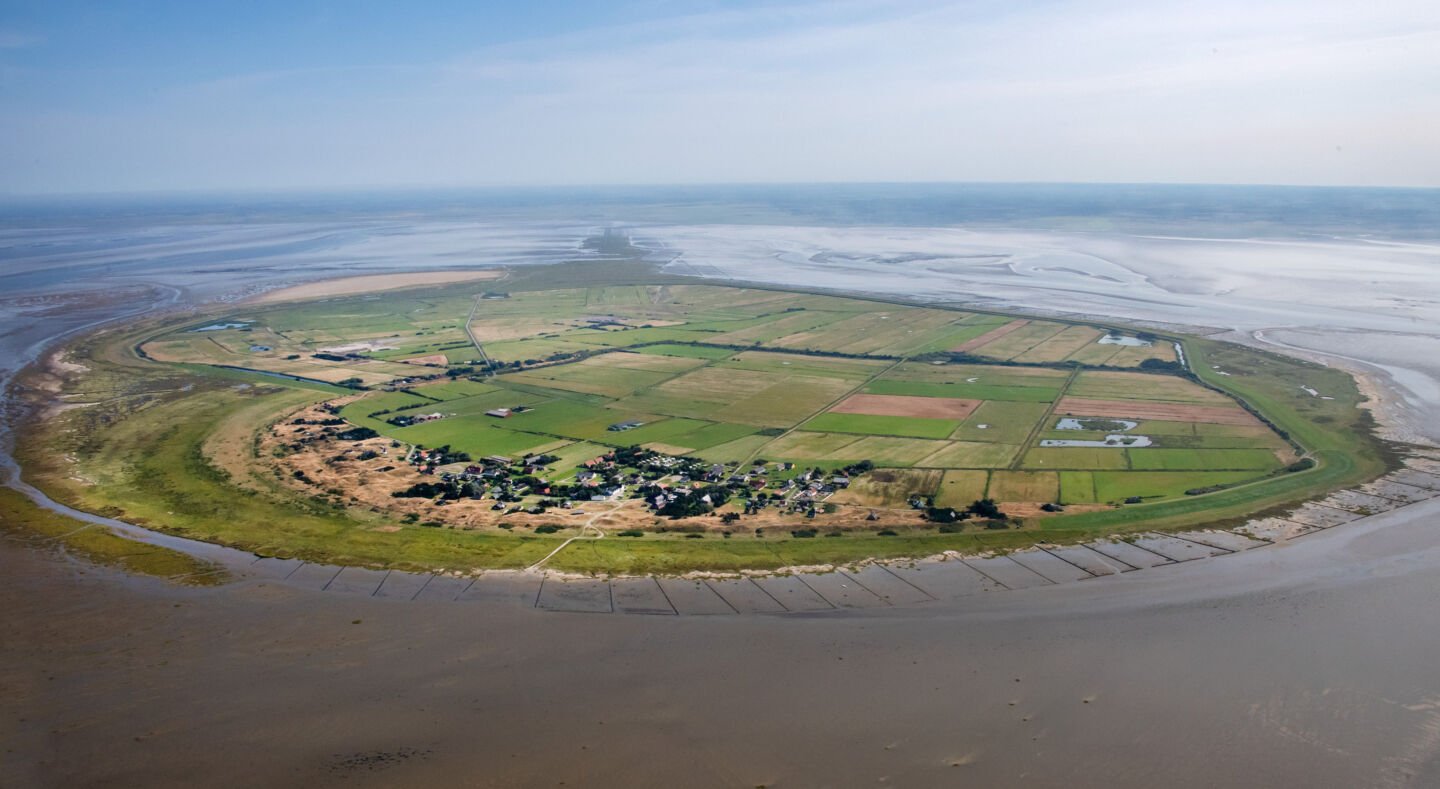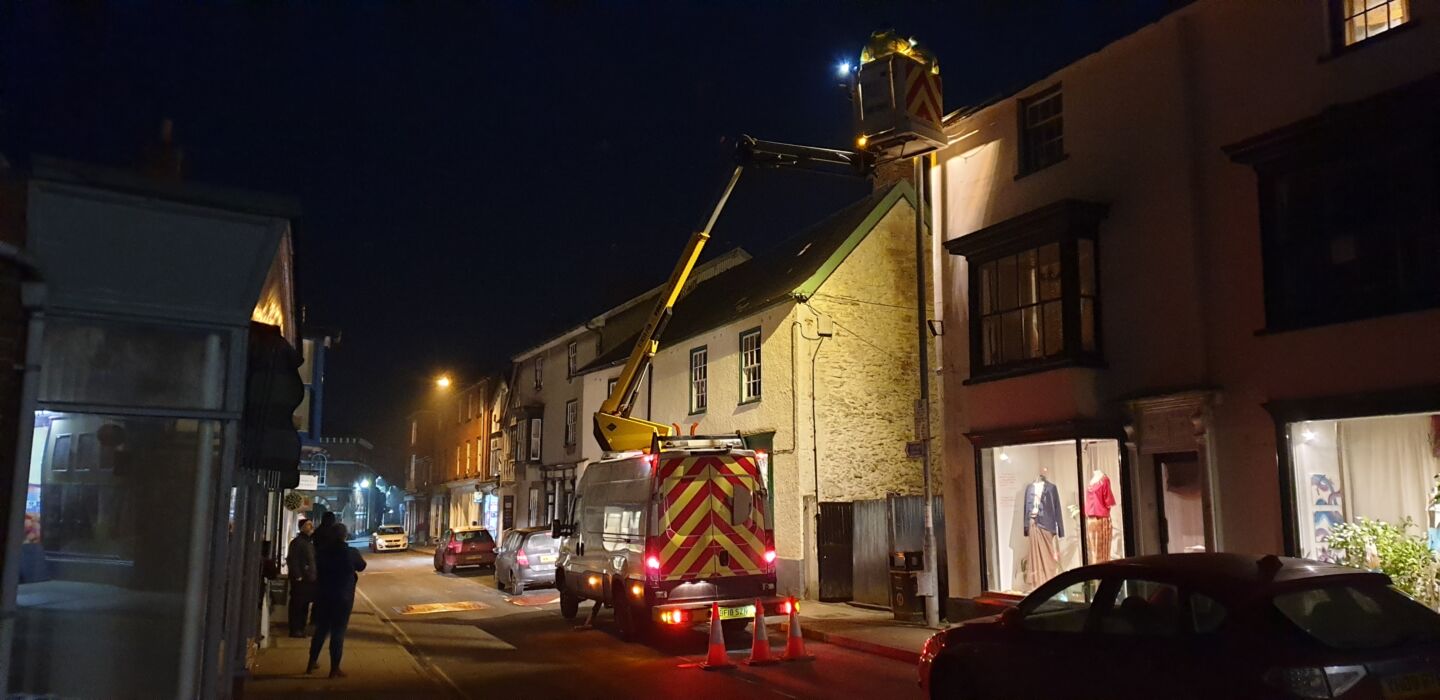
More IDA 2020 Global Conference Speakers Announced
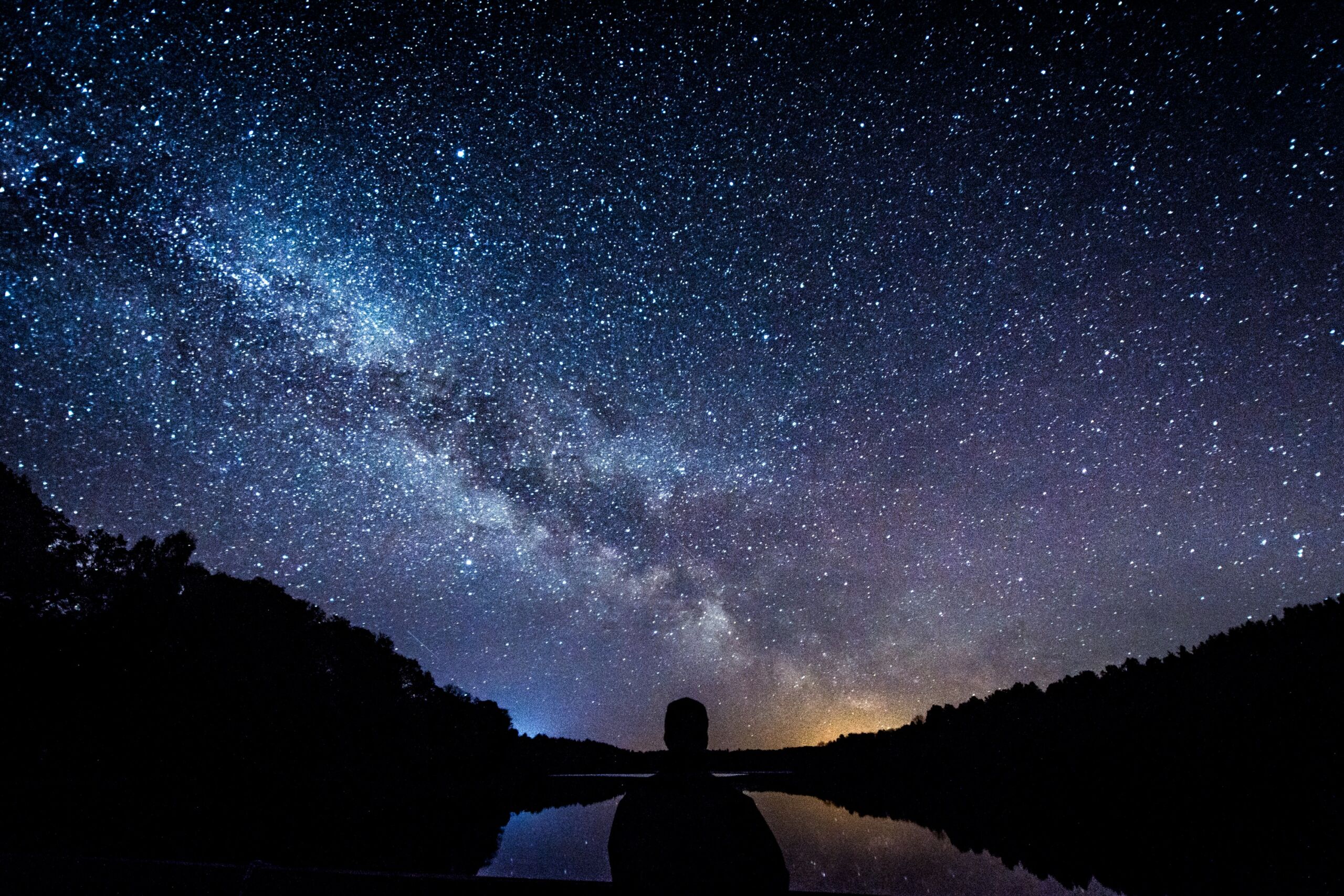
We are thrilled to announce more IDA 2020 Global Conference speakers! These compelling storytellers are presenting at the virtual conference on November 13-14. As we focus on the environmental and cultural threats that light pollution poses to people who have been underrepresented in the dark sky movement, we have been bringing together a diverse range of storytellers to emphasize these stories and voices. Each of these individuals, from all over the globe, offers a unique perspective in the effort to protect the night. Additionally, they will invite discussions about how to address these threats. Their sessions will take place during our global sessions. To attend, be sure that you are registered.
Jeff Dai
Beijing, China
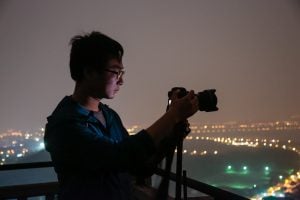
Using Astrophotography and Other Media to Protect the Night Sky in Beijing
Jeff Dai, an award-winning astrophotographer, will talk about how astrophotography can influence public perceptions of the night sky and how social media is a powerful method for showcasing photos, time-lapse animations, and short videos of the night. The message can be amplified by capitalizing on festivities such as Earth Day, Earth Hour, International Dark Sky Week, and UNESCO’s International Day of Light. Due to the COVID-19 pandemic, live-steam technology has had explosive growth in China. For example, during 2020, Jeff live-streamed astronomy events such as an annular solar eclipse (June), Comet NEOWISE’s appearance (July), and the Perseid meteor shower, and Chinese Valentine’s Day (August). These events make the public realize the night sky’s beauty and encourage them to seek out the stars for themselves.
Jeff is from China and travels worldwide, searching for unique night scenes, from the remote wilderness of the Himalayas to the still, pristine night sky above cultural heritage sites along the Silk Road. He is an active member of IDA Beijing, The World At Night project, and National Coordinator at Astronomers Without Borders. He excels at utilizing different media types to share the night sky’s value to preserve the remaining naturally dark skies in his home country. Jeff has successfully gained 2 million followers on social media. As a result, he cumulatively reaches over 10 million views on social media every month.
Exodus Chun-Long Sit
Hong Kong, China
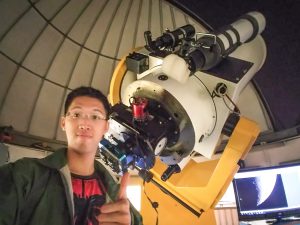
Capriccio (Inspired Music) for Astronomy and Starry Nights
Exodus CL Sit will discuss how to reframe the discussion about light pollution to inspire the general public and promote dark sky preservation. The key is to use innovative methods to reach the public and influence their opinions. Exodus will share how he uses STEAM innovation to promote astronomy and light pollution awareness, particularly in Hong Kong. He will also discuss how we could reframe our promotional strategies inspired by the COVID-19 pandemic, from digital transformation to interdisciplinary approaches on night-sky advocacy.
Exodus is a transmedia astronomer and self-described astro-musician from Hong Kong, China. He is currently part of the IDA International Committee and the National Astronomy Education Coordinator (Chair of HK) of the International Astronomical Union. Additionally, he is the delegate of Astronomers Without Borders and Aurora Association, where he promotes dark-sky protection and STEAM education. Exodus is also the external Vice-President of Starrix and guest speaker for the Hong Kong Space Museum, where he organizes public lectures. By integrating science and the arts, Exodus discovered their consonance and harmony. He has traveled to 40 countries for inspiration. Additionally, as the founder of the “1-minute Astronomy” channel, he acts as “ASTROMAN” to share his experience on stargazing etiquette and night-sky photography through multi-media.
Olayinka Fagbemi
Nigeria
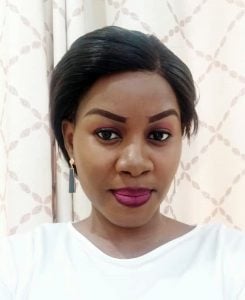
Taking Advantage of the Dark Skies to Popularize Astronomy in Nigeria
Olayinka will address the issues surrounding astronomy’s apparent unpopularity in Nigeria–especially the government’s lack of interest in developing a curriculum and making astronomy a STEM subject taught across high and elementary schools. This presentation will also provide insight into Nigeria’s dark skies’ uniqueness; an invaluable asset that has been vastly underutilized. Astronomy and stargazing could benefit the country’s teeming young population if used as tools to develop their interest in STEM, which is ultimately geared towards national development.
Olayinka is currently a Ph.D. student of Geoinformatics at the African University of Science and Technology (AUST) Abuja, Nigeria. She is the Founder/National Coordinator of Astronomers Without Borders (AWB) Nigeria. Additionally, she has an extreme passion for impacting youth and stimulating their interest in astronomy. She has spent the last 13 years carrying out STEM advocacy programs across Nigeria, focusing on inspiring kids through astronomy. Her special interest is bringing these programs to young girls through AWB’s Girls’ Astronomy Camps, which have involved about 1,000 rural and urban girls across Nigeria. Olayinka is currently the National Education Contact (NAEC) for Nigeria and the Public Relations and Education Officer for the African Astronomical Society.
Sohéil Salimi
Iran

Dark Skies Awareness Program in Pasargad (Sa’adat-shahr), the “Astronomy Town” of Iran
From 2012 to 2015, Sohéil coordinated the Global Astronomy Month (GAM) team and the local astronomy association (Astronomical Society of Pasargad Sky). Global Astronomy Month (GAM) is an international project offered each April by Astronomers Without Borders (AWB) to celebrate astronomy across the globe. Its wide range of activities aims to connect people, at the same time, under the AWB’s motto “One People, One Sky.” In Pasargad (Sa’adat-shahr), known as the “Astronomy Town of Iran,” its Dark Skies Awareness Program became an important event during GAM celebrations. Sohéil will share the activities sponsored, including sharing the night sky’s beauty, educational programs, and raising public awareness about the negative impacts of light pollution on human health, ecology, and energy consumption.
Sohéil Salimi is an Iranian engineer who is highly concerned about the Earth and wildlife. His first master’s degree from the Université Paris-Saclay, “Water, Air, Pollution and Energy,” centered around meteorology, climate, and environment. His second was titled “Renewable Energy, Science, and Technology.” In 2012-15, Sohéil served as the Executive Director of the Global Astronomy Month (GAM) project in Pasargad, Iran. His passion for space and the Earth led him to work with Earth-observation satellites.
Fernando Ávila-Castro
Mexico
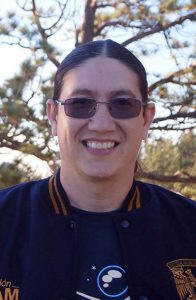
Lessons from Mexico: How To Get Your Light Pollution Ordinance Approved
Fernando believes that education is the best solution to the problem of light pollution. However, he knows that sometimes the fastest solution is to enact laws and ordinances that set rules on using exterior lights properly. This is not an easy task, as most government officials are busy working on what they consider more urgent issues. Fernando has been successfully involved with three city ordinances, two state laws, and one federal law. He will share insights and lessons that he has learned in these years of working with the three government levels promoting and enforcing these laws.
Born in Nogales, México, Fernando pursued bachelor and graduate studies in physics, with a specialty in astrophysics. He has been involved in outreach activities for 25 years — from public talks and newspaper columns to radio and television appearances. Fernando serves as the IDA representative in México. Fernando works at the National Astronomical Observatory of the National Autonomous University of Mexico’s Astronomy Institute. At the Observatory, he is in charge of the Dark Skies Law and works closely with three Mexican government levels promoting laws and ordinances to fight light pollution.
Julio Vannini
Peru
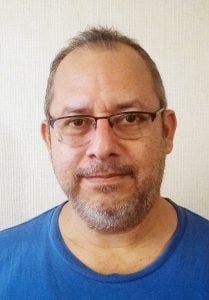
When Light Pollution Follows You: Experiences from Nicaragua and Peru
This presentation will tell the story of how light pollution is affecting two very different countries in Latin America—and how artificial light, and even nature, play around to perpetuate the problem. Regarding astronomy and environmental care, the policies of these two countries differ a great deal. The Nicaraguan government shows a complete lack of interest in such topics, and any astronomy activities are performed by amateurs. In contrast, Peruvian authorities promote policies for the environment and are interested in both professional and amateur astronomy. Yet both countries are alike, in that the light-pollution fight seems to orphaned.
Although Nicaraguan by birth, Julio Vannini was forced to leave that country and now lives in Lima, Peru. He is an amateur astronomer and science teacher.
Sergio Emilio Montúfar Codoñer
Guatemala

In the Land of the Maya
Eighty percent of the world’s population lives under skies polluted by poorly planned outdoor lighting. As a result and considering the growth of technology, we do not ask ourselves existential questions such as: “Who are we, and where are we going?” Modern man has stopped observing the night sky, which is where the perception of life changes, and we learn the true essence of the human being. Under this reflection, this presentation aims to show the use of astrophotography as a scientific tool that allows people to discover a part of the knowledge that ancient civilizations such as the Mayan had when observing the sky and how it is reflected in archaeological remains. Likewise, astrophotography has a high impact on our society by revealing what our eyes cannot see, and it becomes an important channel for transmitting knowledge. Thus, the reconstruction of the cultural heritage is also possible through astrophotography by allowing people to relate to ancient observations of the cosmos reflected in the different archaeological landscapes.
Sergio is an accomplished Guatemalan landscape astrophotographer, science communicator, and dark skies activist. He is also an advisor and collaborator with the enhancement of the Cultural and Natural Astronomical Heritage of Guatemala in the Delegation of World Heritage of the General Directorate of Cultural and Natural Heritage of the Vice Ministry of Cultural and Natural Heritage of the Ministry of Culture and Sports of Guatemala. Additionally, he is an Associate Researcher at the Universidad del Valle de Guatemala. It collaborates with institutions to disseminate the Astronomical Heritage, including the Ministry of Foreign Relations of Guatemala. Sergio is also an IDA Delegate in Latin America of the Latin American International Dark Association, Brand Ambassador of DJI, Fornax Mounts, and Photonightscape Awards. On top of that, Sergio is a pioneer in scientific communication with works of art produced for live exhibitions, planetarium shows, and virtual reality environments in various countries worldwide. He is an astrophotography instructor and lecturer on light pollution. Finally, he has been invited by various international private and public institutions to exhibit his work, including the European Space Agency ESA. Also, he is a Conservation and Tourism Programs Advisor.
Dajana Bjelajac
Serbia

How to Turn People to the Dark Side, Sorry, Skies
This presentation will be based upon Dajana’s personal experiences over the last five years with science popularization through her numerous workshops, lectures, and projects. The goal is to answer questions like: What is science communication, and why is it crucial for the general public’s proper education? How do you get people together to work on light pollution projects with the same passion as you do? And even how to make a brand of your organization/stories/events, and why is that important?
Dajana Bjelajac is a Ph.D. student and a teaching assistant at the Faculty of Sciences in Novi Sad, Serbia. She has completed her Bachelor studies for Professor of Geography and master studies in the field of Geoecology. Her dissertation’s topic is based on the relationship between light pollution and urbanization processes. Dajana’s research interests focus on the ecology of the urban environment and, more recently, astrotourism. Besides science research, she started her own NGO called Carpe Noctem, the only organization currently in Serbia to “shed some light” on light pollution and the environment. Through her NGO, she has managed to carry out several projects based on science popularization and has many more planned for the future.
Sonal Asgotraa
India

Astrostays: Community-Driven Astro-tourism for Creating Sustainable Livelihoods
Sonal will discuss Astrostays, a community-driven astrotourism model that puts communities at the heart and center of the tourism model. The program aims to empower and strengthen communities by diversifying economic bases and creating new opportunities for livelihood creation using astrotourism as a key development intervention. This model is also an innovative form of experiential and sustainable tourism that generates economic benefits for remote and rural regions of the world that have access to clear night skies while creating unique life-changing experiences for travelers. Sonal will share how the Astrostays model currently works in the Himalayas, where it has been implemented.
Paul Curnow
Australia
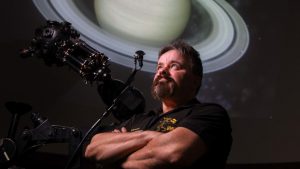
Southern Cross Dreaming
Without a doubt, Crux, or the ‘Southern Cross’, is the most conspicuous and iconic constellation in the southern skies. Despite the fact that it is the smallest of all 88 modern constellations, it is easily visible and appears on the flags of a number of countries and their states and territories. Australia has been home to humankind for some 50,000-years and over this time Aboriginal Australians have developed a complex knowledge of the heavens. In this talk, Paul will introduce you to some of the Aboriginal cultures of Australia and explain how they view the Southern Cross and some of its neighboring stars in the constellation Centaurus.
Paul Curnow [B.ED] has been an astronomy lecturer at the Adelaide Planetarium since 1992. In 2002, he served as a southern sky specialist for visiting U.S. and British astronomers who were in Australia for the total solar eclipse. After nearly three decades of research, he is regarded as one of the world’s leading authorities on Australian Aboriginal night sky knowledge; and in 2004, he worked in conjunction with the Lake Erie Nature and Science Center Planetarium in Ohio, on the creation of a show that features Indigenous Australian stories of the night sky. Moreover, from 2018-2020, he has served as a consultant on Indigenous Astronomy for the Australian Space Agency. In addition, Paul runs a number of popular courses for the general public that focus on the constellations, planetary astronomy, historical astronomy, and ethnoastronomy, which primarily deals with how the night sky is seen by non-western cultures. He appeared as the keynote speaker at the inaugural 2010 Lake Tyrrell Star Party in Sea Lake, Victoria, and in 2011 was a special guest speaker at the Carter Observatory in Wellington, New Zealand. Since 2012 Paul has taken the role of Lecturer for the ‘Astronomy & the Universe’ course (EDUC2066), and in 2019 for ‘Science’ (EDUC 2030) for the School of Education at the University of South Australia. Also in 2018, he was made an Honorary Life Member of the Astronomical Society of South Australia for his contributions to astronomy. Paul appears regularly in the media and has authored over 50 articles on astronomy.
Victoria Campbell
New Zealand
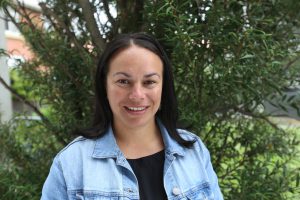
The Significance of the Night Sky, It’s in Our DNA
Victoria has spent the last 20 years working in the New Zealand education sector. She is an enthusiastic advocate of Māori language and culture including Māori astronomy. Victoria works for Te Rūnanga o Ngāi Tahu (the tribal council established to protect and advance the collective interests of the iwi/tribe – Kāi Tahu) and recently completed a secondment with Ngāi Tahu Tourism working on the Dark Sky Project. Victoria and her whānau are committed to the protection and preservation of the natural world, mō tātou, ā, mō kā uri ā muri ake nei – for us and our children after us.
Alejandra León-Castellá
Costa Rica

From Turtles to Stars: A New Strategy for Dark Skies and Astro-tourism in Costa Rica
This presentation will look at the CIENTEC Foundation, a Costa Rican NGO, that works with public and private institutions to promote science engagement, science communication, and improvement of science and math teaching. After more than 30 years of astronomical outreach programs, in liaison with the Spanish Starlight Foundation, the foundation is launching a new strategy to promote the conservation of dark skies and to develop a niche for astrotourism in a country well known for its environmental conservation efforts. Further action is required to conserve turtle populations by reducing light pollution affecting their nesting behavior. Costa Rica’s South Pacific Region is taking the lead in promoting the connection between the region’s famous Stone Spheres and the observation of the skies by ancestral cultures.
Alejandra was born in Costa Rica and has been the CIENTEC Foundation’s CEO since 1988. She has worked for more than 30 years in astronomy outreach programs and the development of resources has lead National eclipse campaigns and has followed eclipses in different parts of the world (Costa Rica, Australia, United States, and India). Additionally, Alejandra leads various networks within the country, in science communication, astronomy outreach, Math Communication, traveling science and math museum, science teacher conferences, and math teacher conferences, among others. She has also organized many international conferences and has also participated as a presenter and as a participant in many conferences in Argentina, Australia, Belgium, Brazil, Colombia, Guatemala, Honduras, India, Italy, Mexico, Panama, Peru, Portugal, Sweden, South Africa, South Korea, and the USA. Alejandra has been Costa Rica’s lead organizer for many UN international programs including the International Day of Light on May 16 each year.
More Resources:
To learn more about the 2020 Global Conference, click here.
To read more about our keynote speaker, Annette Lee, click here.
Register for the conference by clicking here.

